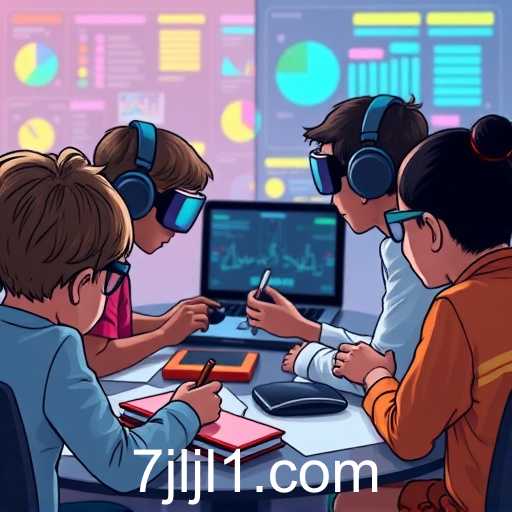In an era where digitalization is the cornerstone of educational evolution, platforms like 'jljl1' are redefining the way we approach learning. As we delve into the rapidly advancing year of 2025, it's apparent that digital learning platforms have become pivotal in both formal and informal educational settings.
Websites like 'jljl1', originally designed for gaming, are being repurposed as innovative educational tools. The adaptability of such platforms illustrates the potential of integrating entertainment with education. This fusion offers an engaging learning environment that fosters creativity and cognitive development among students.
Recent reports indicate that an increasing number of educational institutions have integrated gaming elements into their curricula. This trend highlights the transformative power of gamified learning experiences. Proponents argue that such approaches cater to diverse learning styles, thereby enhancing comprehension and retention.
Moreover, the technological advancements of 2025 are paving the way for more interactive and personalized learning experiences. Augmented reality and virtual simulations, accessible through platforms like 'jljl1', allow learners to explore complex concepts with unprecedented immersion. This shift is especially beneficial in subjects requiring visual and hands-on learning.
However, the rise of digital learning also presents challenges. Concerns regarding screen time, data privacy, and accessibility must be addressed to maximize the benefits of these educational tools. Policymakers and educators are tasked with creating a balanced digital education framework that ensures equitable access and promotes healthy digital habits.
As we navigate this dynamic landscape, it's crucial to continue exploring and understanding the implications of digital platforms in education. The ongoing developments in this sector hold promising opportunities for learners globally, provided that stakeholders work collaboratively to address the associated challenges.








